Are you struggling to find recent sources for your research methodology? Our new books can be the answer to your challenges. Whether you plan on doing a qualitative, quantitative or mixed-methods approach, the library has you covered. We recently acquired a couple of new books that can aid you in your research approach and most of them are focused on qualitative research, but also quantitative research. We also acquired some books on how research should be evaluated and also on best practices to ensure research integrity.
The SAGE Handbook of Qualitative Research Design (2022) by Uwe Flick contains contributions from over 90 top scholars from a range of social science disciplines. This book encompasses a complete exploration of how and why qualitative research designs are shaped and how, why, and into what they are evolving. This is a valuable resource for Master’s and PhD level students, faculty members, and researchers across a wide range of disciplines such as health, nursing, psychology, social work, sociology, and education.
Beginning Quantitative Research (2021) by Malcolm Williams, Richard Wiggins and Paul R. Vogt provides a clear and digestible introduction to completing quantitative research that takes you through the process of completing your quantitative research project, it offers guidance on formulating your research question, completing literature reviews and meta-analysis, formulating a research design and specifying your target population and data source and choosing an appropriate method and analysing your findings.
Research Integrity: Best Practices for the Social and Behavioral Sciences (2022) by Lee J. Jussim offers a behavioural science perspective on how scientific practice becomes compromised. It further provides recommendations to improve research integrity in practice and it presents an organising framework to investigate how scientists’ behaviours can impact the reliability and validity of scientific research.
Evaluating Research: Methodology for People who Need to Read Research (2023) by Francis C. Dane and Elliot Carhart provides students with the skills to read and evaluate research studies. It is aimed at courses where it is more important for students to develop an understanding of methods, rather than conduct their own research, this book covers all aspects of reading social, behavioral, and health science research from the basics, such as the structure of reports and accessing research, as well as overviews of the main types of research methods.
The Oxford Handbook of Qualitative Research (2020) by Patricia Leavy presents a comprehensive retrospective and prospective review of the field of qualitative research. Original, accessible chapters written by interdisciplinary leaders in the field make this a critical reference work. Filled with robust examples from real-world research; ample discussion of the historical, theoretical, and methodological foundations of the field; and coverage of key issues including data collection, interpretation, representation, assessment, and teaching, this book aims to be a valuable text for students, professors, and researchers.
Research Design: Qualitative, Quantitative and Mixed Methods Approaches (2023) by John W. Creswell and J. David Creswell is the 6th edition of this bestselling book. It provides clear and concise instructions for designing research projects or developing research proposals. This user-friendly text walks readers through research methods, from reviewing the literature to writing a research question and stating a hypothesis to designing the study. At each step in the process, authors John W. Creswell and J. David Creswell address qualitative, quantitative, and mixed methods approaches to encourage readers to choose the approach that best fits the research question. This edition has been fully revised to reflect the 7th edition of the Publication Manual of the American Psychological Association with more inclusive language, updated citation styles, and updated writing suggestions. Updates reflect the latest developments in mixed methods and new research examples throughout help capture and demonstrate new trends in research.
Statistics with R: A Beginner’s Guide (2023) by Robert N. Stinerock offers a clear step-by-step approach explained using real-world examples, learn the practical skills you need to use statistical methods in your research from an expert with over 30 years of teaching experience. With a wealth of hands-on exercises and online resources created by the author, practice your skills using the data sets and R scripts from the book with detailed screencasts that accompany each script.
This book is ideal for anyone looking to:
• Complete an introductory course in statistics
• Prepare for more advanced statistical courses
• Gain the transferable analytical skills needed to interpret research from across the social sciences
• Learn the technical skills needed to present data visually
• Acquire a basic competence in the use of R and RStudio
All of these books are available in the library’s Research Commons. Come speak with one of its friendly staff members about finding the books you are interested in and they may even assist you with finding additional handbooks that can aid you in your research journey!
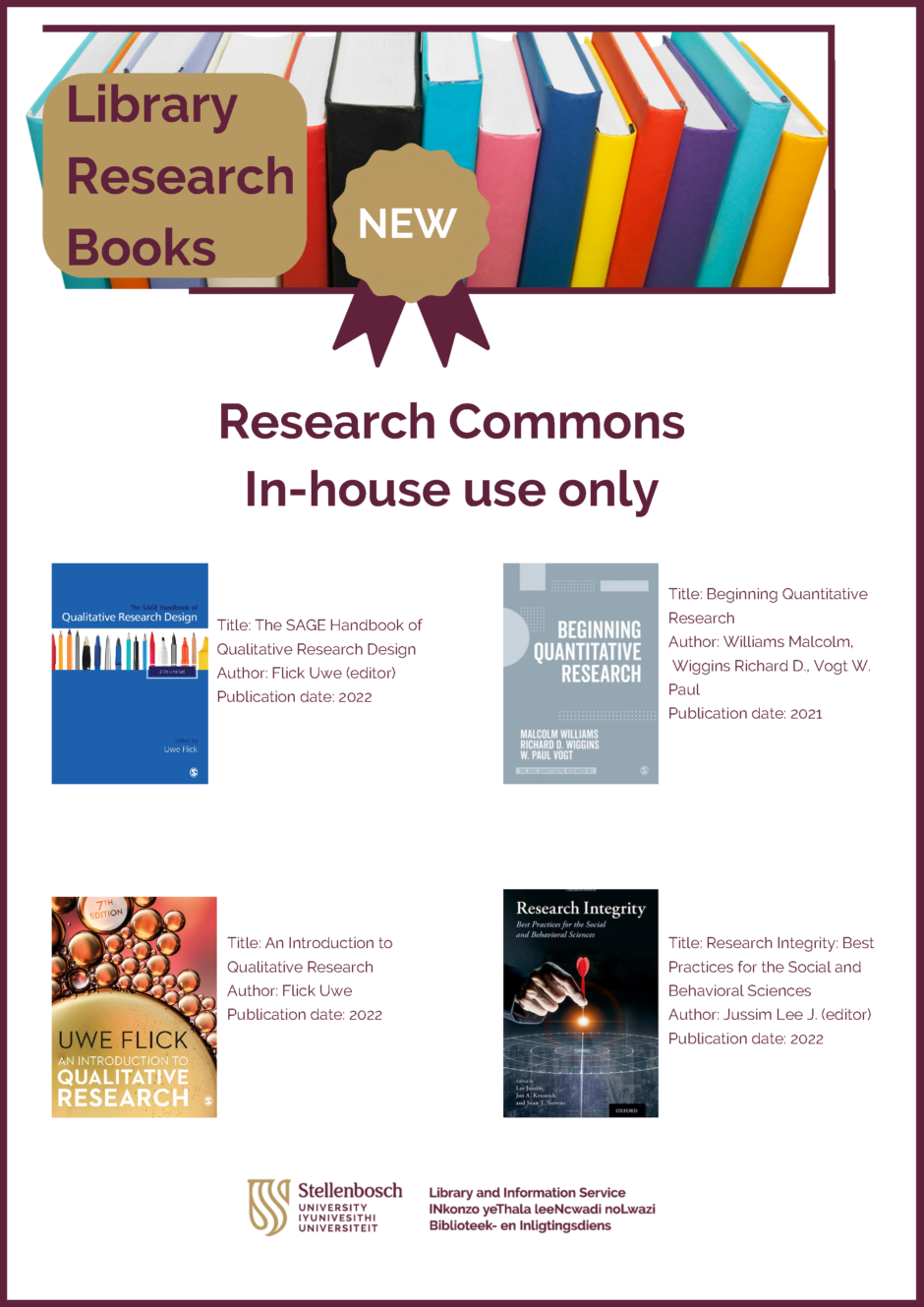
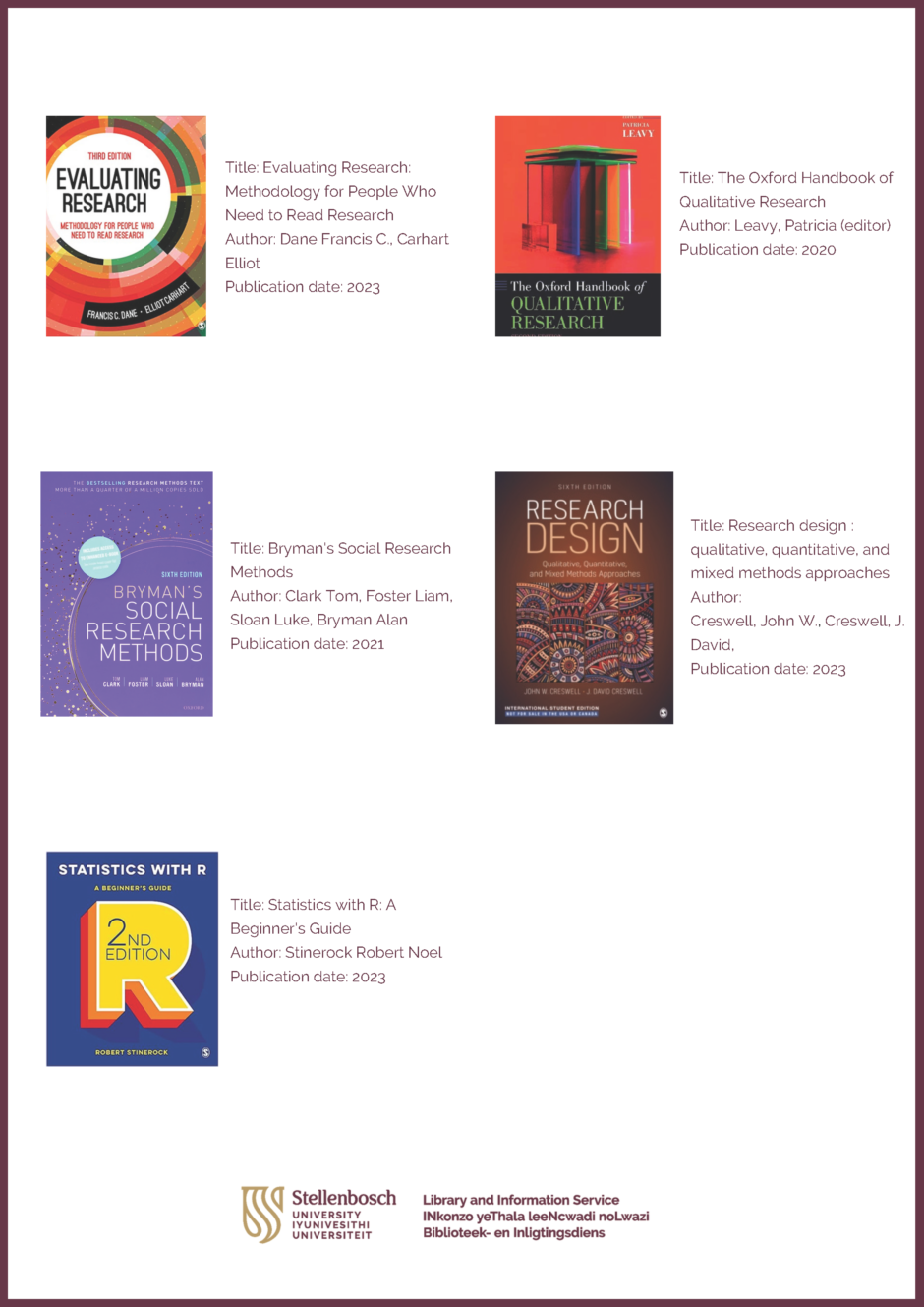






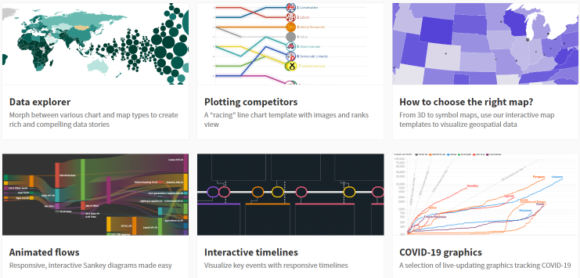








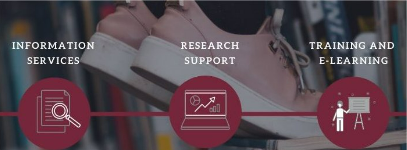
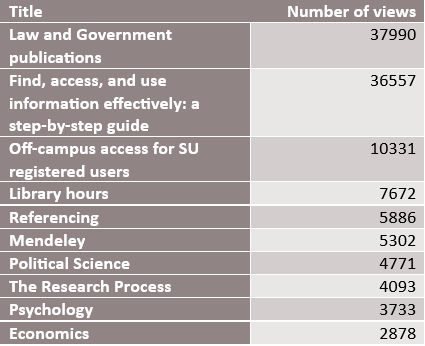
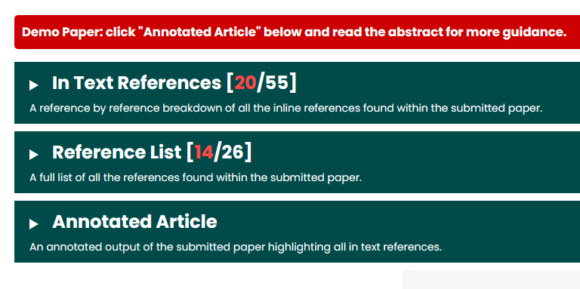
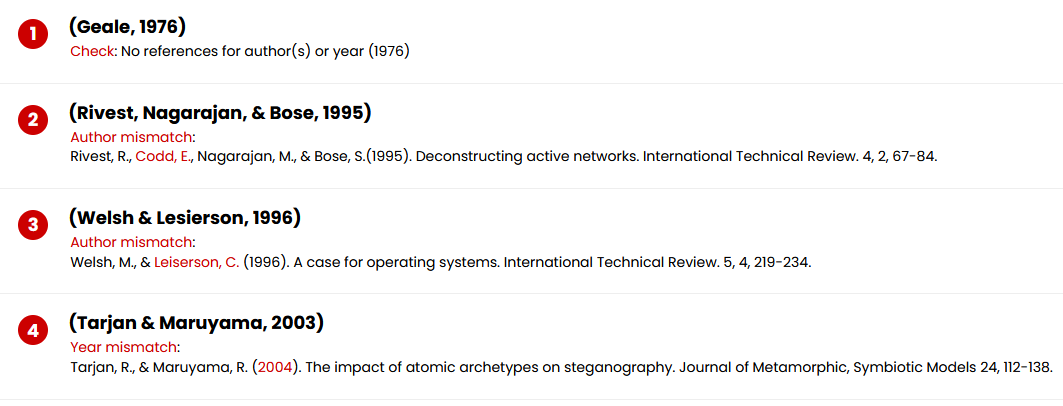
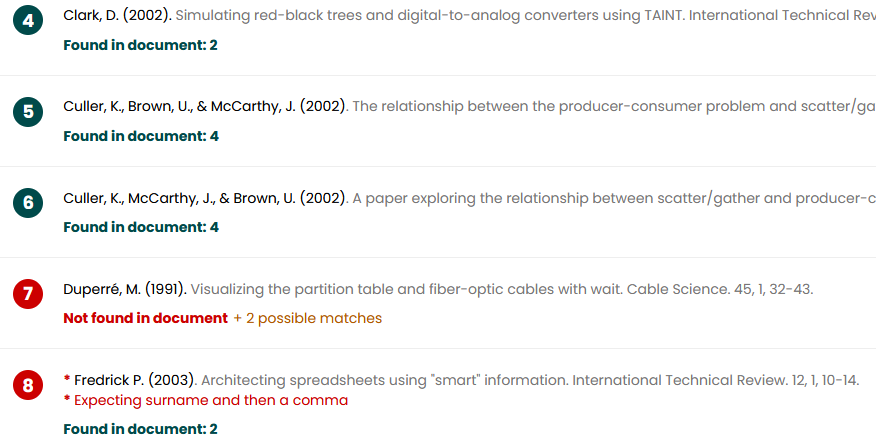
Recent Comments